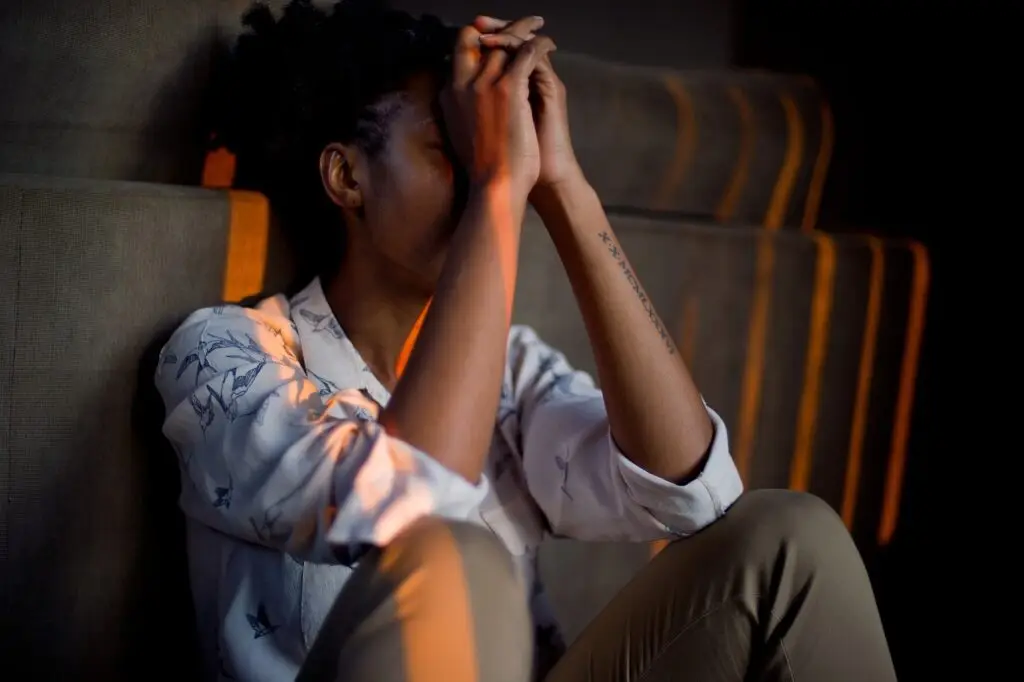When Emotions Collide: Finding Light in the Loneliest Moments
In today’s fast-paced world, we all experience moments when emotions collide. These times can feel like emotional traffic jams — confusion, fear, sadness, and frustration all trying to take center stage. This feeling of being emotionally overwhelmed is far more common than we think. In fact, when emotions collide, many people feel as though they are completely alone.
But when emotions collide, they can also open the door to growth, awareness, and deeper understanding. Instead of burying these feelings, learning how to move through them can help us reconnect with ourselves in a healthier way. This post will help you explore the overwhelming blend of emotions, provide gentle strategies to cope, and remind you: you are not alone.
When Emotions Collide: Understanding the Inner Storm
First and foremost, let’s acknowledge what happens when emotions collide. It’s not just about feeling sad or anxious — it’s the combination of multiple emotions that become hard to untangle. For example, after a big life event, you may feel relief, guilt, joy, and grief all at once. Consequently, your mind becomes a battlefield.
Moreover, our brains are not always equipped to handle so many conflicting emotions at once. That’s why when emotions collide, you might feel exhausted, tearful, or even numb. However, this emotional noise is your inner self calling for attention — and it deserves to be heard.
When Emotions Collide: Signs You’re Not Coping Well
Naturally, we all have different emotional thresholds. Still, there are some telltale signs that show when it collide in ways we cannot manage alone:
Constant irritability or mood swings
Sudden withdrawal from friends and family
Fatigue that doesn’t improve with rest
Overthinking or replaying the same thoughts
Physical tension like headaches or stomach aches
When it collide and manifest physically or mentally like this, it’s time to pause. Importantly, recognizing these signs early allows you to regain control before emotions spiral further.
When Emotions Collide: Coping Strategies That Truly Help
Fortunately, there are tools that can help ease the chaos. Here are simple but powerful ways to care for yourself:
Name Your Feelings: Begin by labeling what you’re experiencing. Are you sad, anxious, hopeful, or disappointed? Surprisingly, naming your emotions reduces their intensity.
Write It Out: Journaling helps untangle thoughts when emotions collide. In addition, seeing your emotions on paper offers clarity.
Practice Breathing Exercises: Deep breathing calms the nervous system. Therefore, it’s effective during emotional overload.
Connect with a Friend: When emotions collide, isolation worsens the weight. So, speaking to someone — even through a text — can be incredibly healing.
Seek Professional Help: There is strength in asking for help. If you feel overwhelmed, don’t hesitate to reach out to a counselor or therapist.
Moreover, try not to judge your emotions. Every feeling has a purpose. Hence, allowing space for those feelings helps you process them fully.
Why You’re Never Truly Alone
Even when emotions collide in ways that feel unbearable, remember that this is a shared human experience. Others have stood where you are now and have come out stronger. Therefore, community matters.
You might feel like no one understands, but someone does. Sometimes, reading others’ stories, joining support groups, or listening to podcasts about mental health can be incredibly validating. Importantly, when emotions collide, these reminders of shared humanity are crucial.
Besides, solitude doesn’t mean isolation. When embraced intentionally, solitude allows time for inner healing and realignment.
A Gentle Reminder
When emotions collide, as storms in the sky,
You may not know how or even why.
But every cloud holds light behind,
And peace awaits in your own time.
Hold on through chaos, breathe through the noise,
Your heart still speaks, your soul still voice.
So trust the tide, let feelings guide,
You’re not alone — you’re fortified.
Create a Gentle Routine
Because emotions thrive on rhythm, creating a gentle daily routine helps bring balance. Here’s how:
Morning check-in: When emotions collide, start the day with mindfulness. Ask yourself how you feel.
Movement: Even gentle stretching or a short walk releases built-up emotional energy.
Hydration and nourishment: Your body needs fuel to regulate mood. So, treat food as care, not control.
Digital boundaries: Too much screen time can cloud clarity. Therefore, schedule moments to unplug.
By setting routines, you give your emotions a container — a way to flow rather than flood.
Messages to Your Future Self
If you could write a note to your future self during one of these emotional moments, what would it say?
“Dear Me, I know right now it’s hard. Everything feels heavy. But I promise, this moment will pass. You have faced storms before and still risen. Take it one breath at a time.”
Such affirmations become anchors. In fact, when emotions collide, words from your stronger self can remind you of your resilience.
Final Thoughts: When Emotions Collide, Let Healing Begin
Yes, it’s hard. But also, it’s temporary. When emotions collide, you are given an opportunity — not to control them, but to listen. Through that listening comes healing.
If you are feeling overwhelmed, please don’t go through it alone. Whether it’s a conversation, a journal entry, or a walk in nature — every small step helps. Healing is not linear. However, it is always possible.
Read our blog for more posts.

